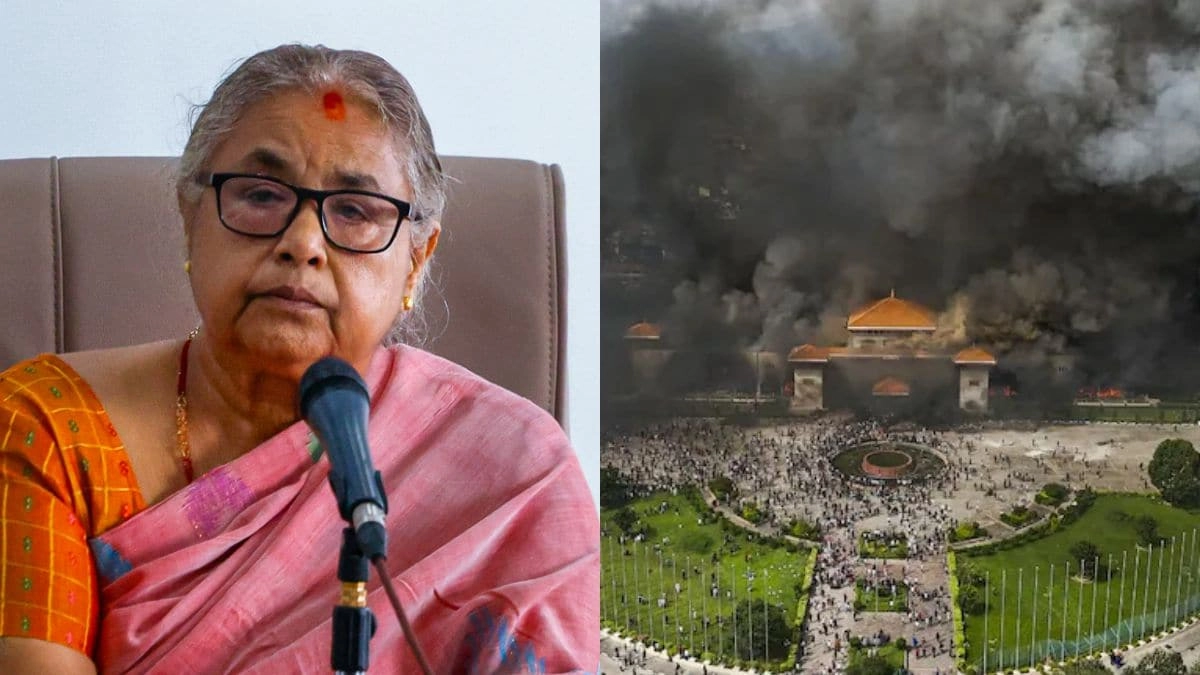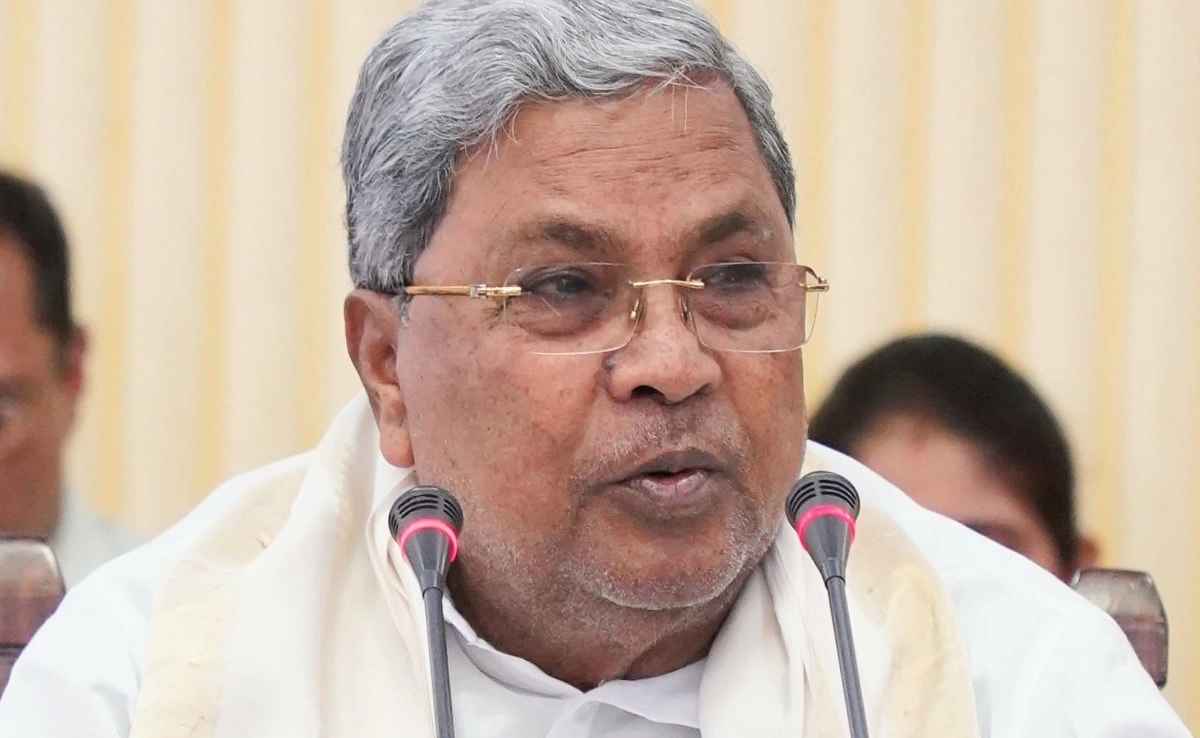Nepal’s newly appointed Prime Minister has made a striking declaration, emphasizing that his administration is “not here to taste power.” This statement reflects his commitment to governance focused on the welfare of the people rather than the pursuit of personal or political gain. The Prime Minister has set an ambitious six-month deadline to implement significant reforms and address pressing issues that have long plagued the nation. His assertion signals a departure from the traditional political landscape in Nepal, which has often been marred by instability and inefficiency.
The six-month timeframe is particularly noteworthy as it highlights the urgency he feels in tackling the myriad challenges facing Nepal. These include economic stagnation, corruption, and inadequate infrastructure, all of which have hindered the country’s development. By establishing such a clear deadline, the Prime Minister is not only holding himself accountable but is also inviting the public to monitor his government’s progress. This approach could foster a new culture of transparency and responsiveness in Nepali politics, which has historically struggled with accountability.
Furthermore, the Prime Minister’s focus on reform suggests a desire to engage with civil society and various stakeholders in a collaborative manner. He understands that meaningful change cannot be achieved in isolation; it requires the collective efforts of different segments of society, including citizens, private enterprises, and non-governmental organizations. By fostering dialogue and cooperation, he hopes to create a more inclusive political environment that prioritizes the needs and aspirations of the populace.
As the Prime Minister embarks on this challenging journey, the eyes of the nation are upon him. The success or failure of his initiatives within this six-month window will likely shape the future of his administration and the political landscape of Nepal for years to come. The public’s expectation for tangible results is high, and the Prime Minister’s ability to navigate the complexities of governance will be critical. Ultimately, his leadership style and commitment to reform could redefine the course of Nepali politics, moving it away from the cycle of power struggles and towards a more stable and prosperous future for all citizens.




